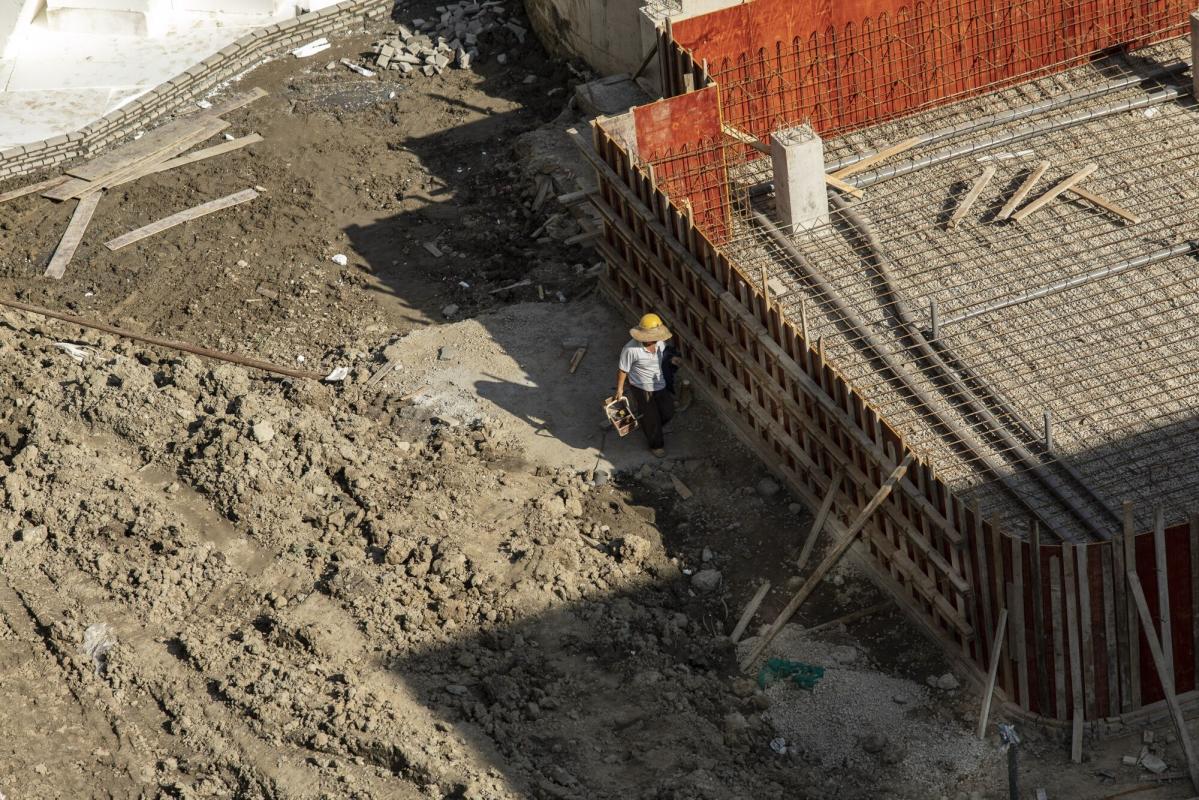(Bloomberg) — Chinese developers’ bonds and shares saw a boost after authorities initiated the drafting of a list of 50 real estate firms eligible for a range of financing, signaling Beijing’s effort to support the struggling property sector.
One of the most reliable ways for lenders to assess support for the industry is through the so-called white list, which may lead to bank loans, debt, and equity financing. This development has propelled the Bloomberg gauge of China developer stocks to gain as much as 7.6%, marking its most significant advance since September. Sunac China Holdings Ltd., Seazen Group Ltd., and Agile Group Holdings Ltd. are among the companies that experienced notable climbs.
While the white list aims to guide lenders, it remains to be seen if it will effectively reverse the industry’s prolonged downturn, as it does not mandate banks to extend loans to real estate firms. Nonetheless, China Vanke Co., Seazen, and Longfor experienced gains in their property bonds after being named in the draft of the funding list, offering a glimmer of hope for the embattled sector.
Although the white list is anticipated to boost confidence, JPMorgan Chase & Co. analyst Karl Chan suggests that it may not entirely prevent developer defaults, casting doubt on its ability to fully reverse the sector’s slide.
The real estate industry contracted 2.7% in the third quarter, with home prices seeing the most significant decline in eight years in October, and funding for property development dropping 13.8% on-year in the first 10 months of 2023.
At a Friday gathering with top financial regulators, China’s biggest banks, brokerages, and distressed asset managers were instructed to meet all “reasonable” funding needs from property firms. Financial firms were also urged to “treat private and state-owned developers the same” when it comes to lending, showcasing the government’s efforts to stabilize the sector.
Despite these measures, some investors, like Andrew Zhu, fund manager at Hainan Shire Asset Management Co., remain skeptical, emphasizing the need to scrutinize which private developers are on the list, as well as the actual amount of funding granted, as cautious banks may not provide adequate support.
(Updates throughout. An earlier version of this story was corrected to refer to private developers in the final paragraph)
Most Read from Bloomberg Businessweek
©2023 Bloomberg L.P.


